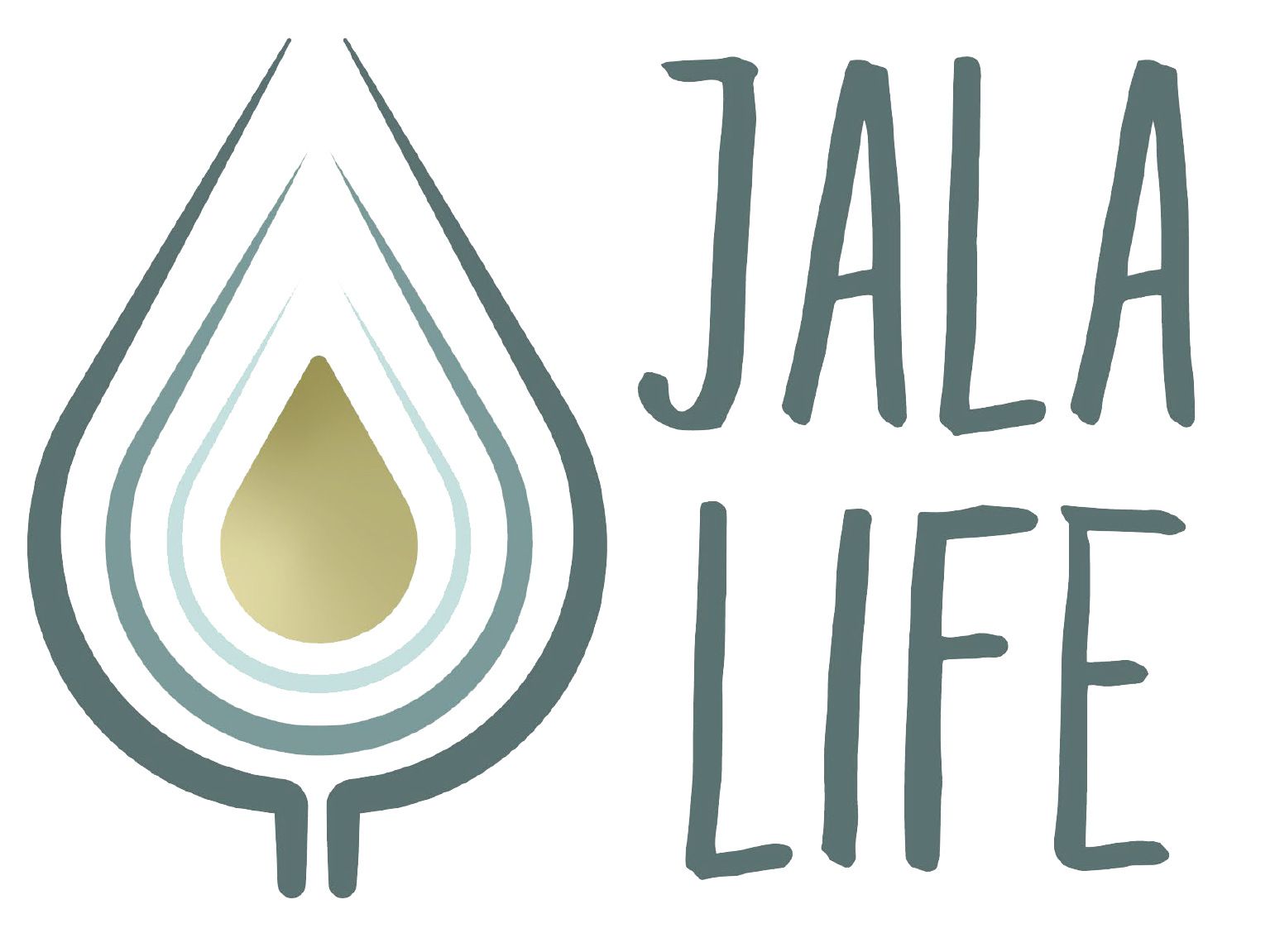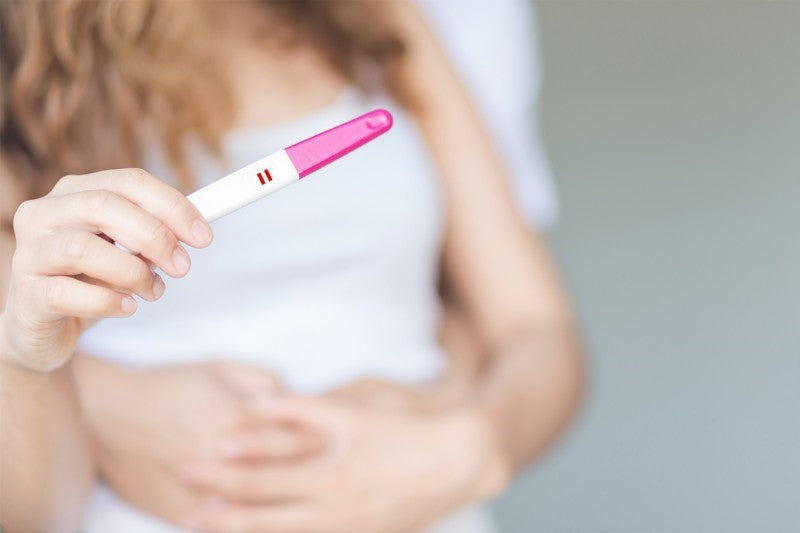What do the hormones FSH (follicle-stimulating hormone) and LH (luteinising hormone) do in women?
FSH -> follicle-stimulating hormone
FSH, together with LH, plays an important role in the regulation of the female cycle. The hormone FSH is produced in special cells of the pituitary gland and released into the blood. Luteinising hormone (LH or lutropin) is a hormone that, like FSH, is very important for the control of sexual functions. It is produced in the anterior lobe of the pituitary gland and released into the blood when needed.
The sexual function is controlled by a hormonal control circuit
Components of this control loop are:
- A specific part of the diencephalon (hypothalamus).
- The anterior lobe of the pituitary gland (hypophysis)
- The gonads (ovaries in women, testicles in men).
In women, the hormone LH, like follicle-stimulating hormone (FSH), is involved in the maturation of the eggs and the production of oestrogen in the ovaries. It also triggers ovulation. To trigger ovulation, oestrogens stimulate a sudden increase in the release of luteinising hormone (LH) by the pituitary gland.1 The LH release also stimulates the synthesis of progesterone. Progesterone then has an inhibitory effect on gonadotropin-releasing hormone (GnRH) and LH through a negative feedback mechanism, so that the LH level drops again. The increased progesterone level also causes an increase in body temperature of 0.6-1 °C.1
- Aktories, K., Förstermann, U., Hofmann, F.B., Starke, K. (2005). General and special pharmacology and toxicology. Elsevier GmbH, Urban & Fischer Verlag, 9th edition.
What do the hormones FSH (follicle-stimulating hormone) and LH (luteinising hormone) do in men?
Important for sperm production!
The healthy development of sperm in the testicles depends on regulated hormone production. The hormones LH and FSH are significantly involved in this. They are produced in the pituitary gland. The follicle-stimulating hormone FSH causes the sperm to mature in the seminiferous tubules. The luteinising hormone LH ensures the formation of testosterone, but also has an influence on the maturation of the sperm. The maturation of the sperm filaments in the testicles takes three months. Then the now functional sperm move to the epididymis, where they remain until ejaculation.
LH ensures the formation of testosterone!
Testosterone: Testosterone is responsible for libido and also "steadfastness" during sex. In addition, the hormone promotes protein synthesis, which in turn promotes muscle building.
Testosterone causes fat loss on the belly and hips and also has many effects on the psyche: it makes you powerful, assertive and energetic. It facilitates signal transmission in the brain and promotes spatial vision, for example. Overall, testosterone has a positive effect on cognitive ability, coordination and memory.
Every man can promote the formation of testosterone in the body himself. Besides taking ashwagandha, regular endurance training and weight training, abstaining from alcohol and regular sex are crucial and important.
Man:
Clinical evaluation of spermatogenic activity of Ashwagandha (Withania somnifera) root extract in oligospermic men: A Pilot Study Ambiye, V. R., Langade, D., Dongre, S., Aptikar, P., Kulkarni, M., & Dongre, A. (2013). Evidence-based complementary and alternative medicine, 2013.
Results: Sperm count increased by 167% (from 9.59 ± 4.37 × 106/ml to 25.61 ± 8.6 × 106/ml; ), sperm volume by 53% (from 1.74 ± 0.58 ml to 2.76 ± 0.60 ml; ) and sperm motility by 57% (from 18.62 ± 6.11% to 29.19 ± 6.31%; ) day 90 from baseline. The improvement in these parameters was minimal in the placebo-treated group. In addition, significantly greater improvement and regulation of serum testosterone levels was observed with ashwagandha treatment compared to placebo (p<0.001).
Conclusion: The present study adds to the evidence of therapeutic value of Ashwagandha (Withania somnifera) as attributed in Ayurveda for the treatment of oligospermia leading to infertility.

